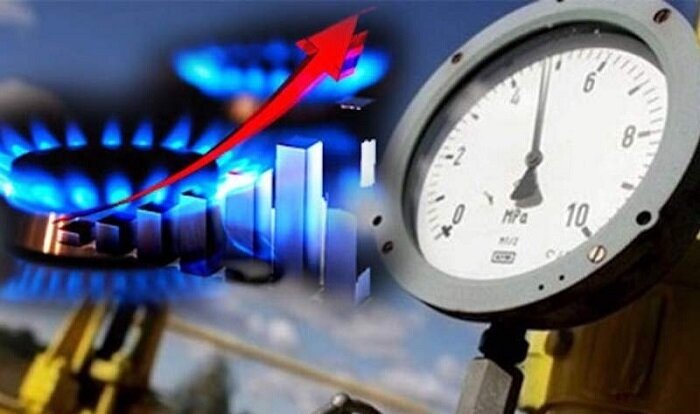Iran’s daily gas production reaches 856 mcm

TEHRAN – Iran’s gas production reached 856 million cubic meters (mcm) over the past 24 hours, with 68 percent of the supply consumed by households, commercial units, and small industries, the National Iranian Gas Company (NIGC) reported.
According to the report, 578 million cubic meters of gas were used in these sectors, highlighting the significant share of residential and commercial consumption in the country’s total gas demand.
The NIGC has urged citizens to set indoor temperatures between 18 and 21 degrees Celsius, wear warm clothing at home, and use thick curtains to help optimize gas consumption.
Iran, endowed with some of the world's largest natural gas reserves, has historically been a dominant player in global energy markets. However, recent developments have highlighted significant challenges in its gas production and consumption landscape.
In 2023, Iran's natural gas production reached approximately 245 billion cubic meters (bcm), marking a 1.6 percent increase from the previous year. Despite this uptick, the nation's consumption surged to 245 bcm, indicating a consumption-to-production parity. This trend underscores Iran's escalating domestic energy demands, primarily driven by residential heating, electricity generation, and vehicular fuel.
The burgeoning consumption has strained Iran's energy infrastructure, leading to frequent power outages and gas shortages. Outdated facilities, coupled with inefficiencies such as flaring and transmission losses, exacerbate the situation. Notably, in late 2024, the Iranian government imposed nationwide blackouts, affecting industries and daily life. The crisis was further intensified by the IRGC's involvement in key energy sectors, hindering efficient management and strategic development.
In a bid to bolster its energy sector, Iran has engaged in regional collaborations. A significant development is the agreement facilitating Turkmenistan's natural gas transit through Iran to Turkey, effective from March 1, 2025. This deal not only positions Iran as a crucial energy transit hub but also offers potential economic benefits amid its domestic challenges.
Addressing Iran's energy challenges necessitates substantial investments in infrastructure modernization, adoption of efficient technologies, and strategic policy reforms. Such measures are essential to meet domestic demands, enhance export potentials, and stabilize the national economy. The recent Turkmenistan-Turkey-Iran gas transit agreement exemplifies the potential of regional cooperation in strengthening Iran's position in the global energy arena.
EF/
Leave a Comment